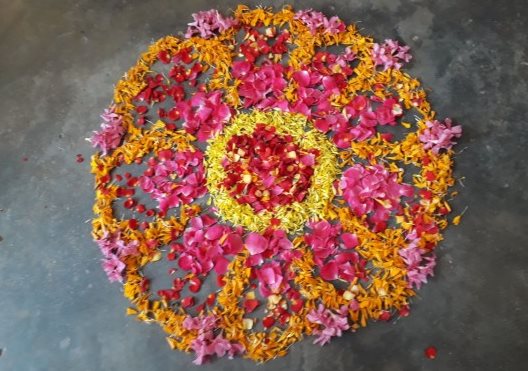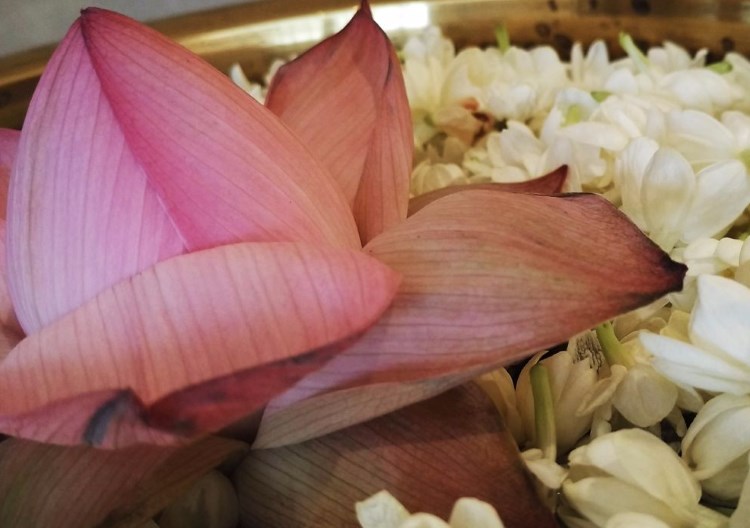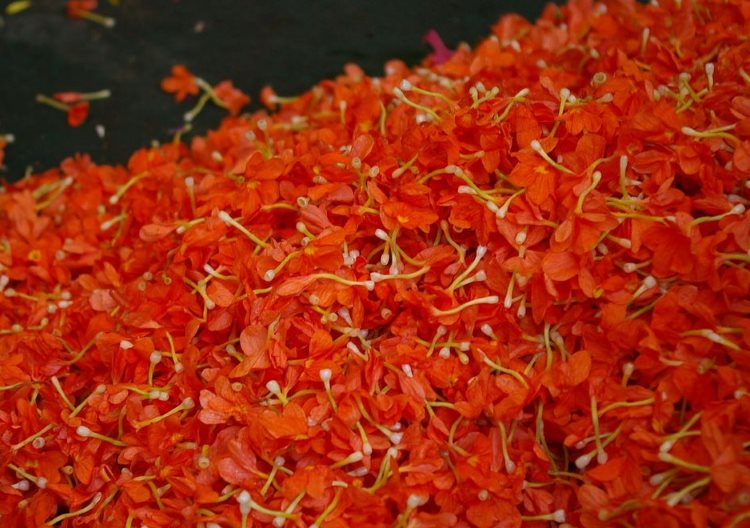In 2008 WCCL Foundation, Pune initiated the Study of the Mind project with the view to bring in Indian Mind Traditions in Therapy. Study of the mind also aims to bring in tools and techniques for sound mental health to working professionals and all people. The Study of the Mind series of Prajñādhara propagates the eastern philosophical mind traditions and makes these unique traditions and sciences accessible to people from all walks of life. Through Pradñyā Smriti, an 8-session program on ‘Wisdom based Mindfulness’, the Wisdom First project and by hosting Teachings from Masters in the field of Indian Mind Traditions this division has been taking small steps at creating a Sangha.
Starting December 2018, The Study of the Mind is happy to bring to Bengaluru a 5- month certificate course on Applied Buddhist Psychology and Ethics titled ‘Healing the Mind through knowing the Mind’.

Pradñyā Smriti

Wisdom First

Teachings and Talks

Healing The Mind
Sangha is the word used for a community of fellow practitioners in Buddhism. But a Sangha does not necessarily have to be Buddhist.
Thich Nhat Hanh wrote in his recent book Good Citizens: Creating Enlightened Society the following text (it has been shorted for an abridged version):

